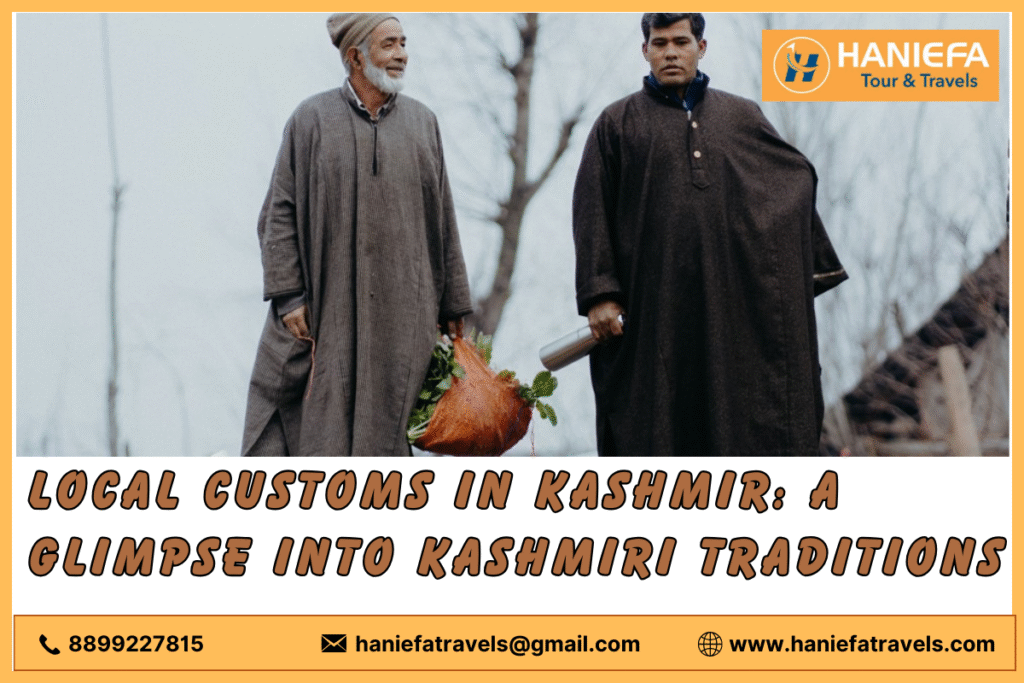Kashmir, with its breathtaking landscapes, rich history, and unique culture, is a destination like no other. One of the key aspects that set Kashmir apart is its fascinating local customs that have been passed down through generations. These customs not only define the way people live but also offer a glimpse into the values, traditions, and spiritual richness of the region. Whether you are planning to visit or simply want to learn more about Kashmir, understanding the local customs is a great way to connect with its people and history.
1. Traditional Hospitality in Kashmir
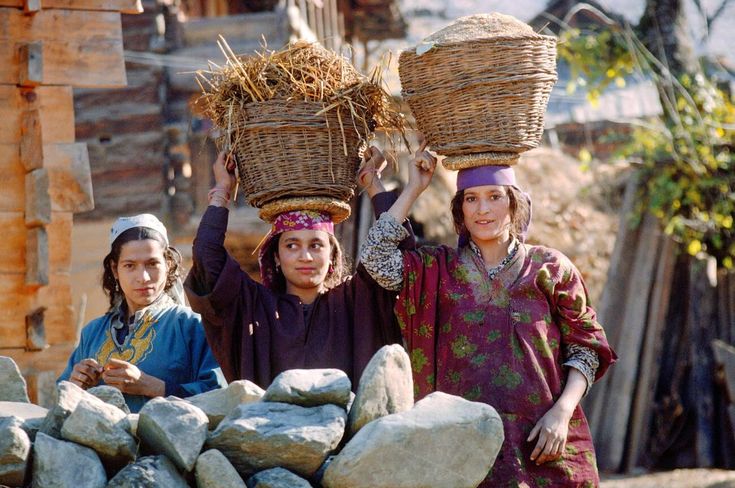
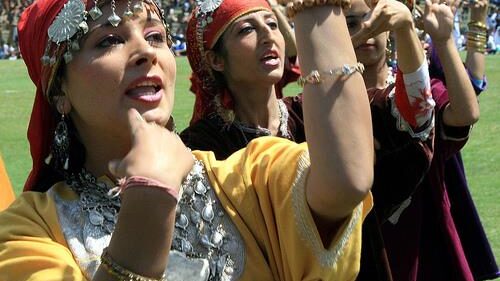
Kashmiris are known for their warmth and hospitality. When you step into a Kashmiri home, you will receive a warm welcome with a hot cup of Kahwa—a traditional green tea spiced with saffron, cardamom, and cinnamon. Locals customarily offer guests Kahwa to show respect and hospitality. In fact, whether you’re visiting a local family or staying in a guesthouse, expect the locals to offer you food and drinks, often insisting that you take more. Therefore, hospitality is not just a tradition, but an essential part of Kashmiri culture.
2. The Kashmiri Cuisine
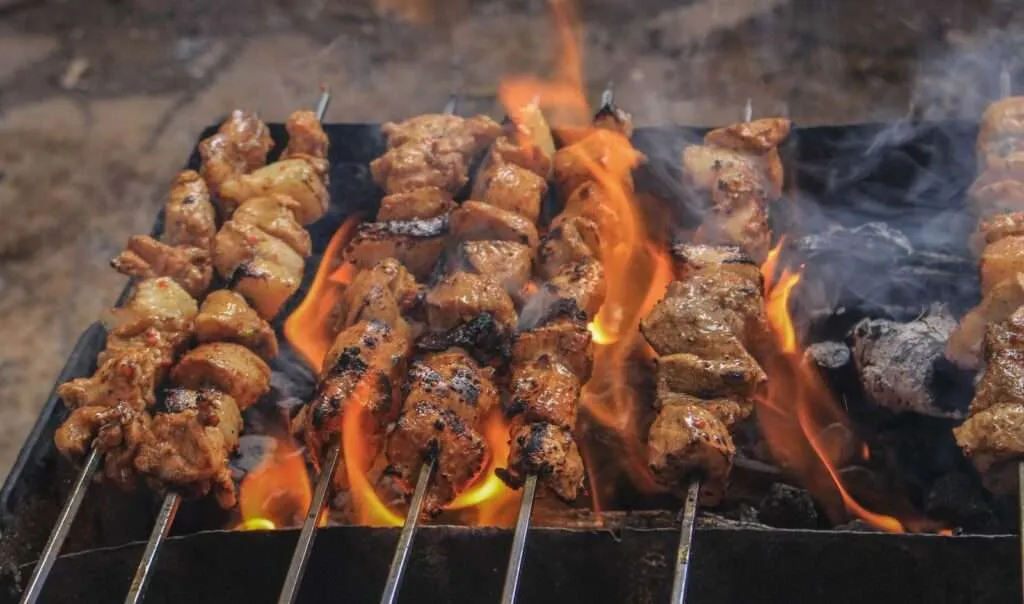
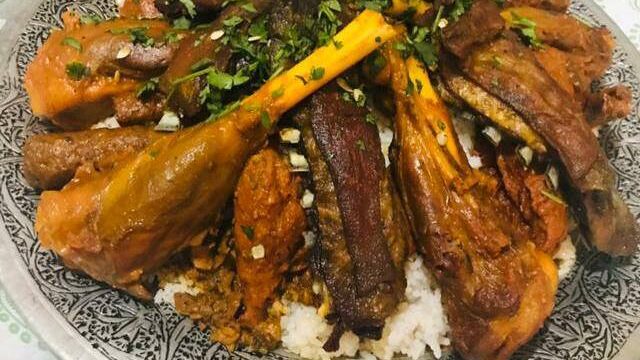
Kashmiri cuisine is deeply intertwined with the region’s customs. Dishes like Rogan Josh, Gushtaba, Yakhni, and Dum Aloo are staples that reflect the influence of Mughal and Central Asian culinary traditions. Meal times are essential in Kashmiri culture, and the tradition of eating together strengthens community bonds. Additionally, many Kashmiri families serve meals on large round tables called Dastarkhwan, where everyone gathers to enjoy the food and conversation. In this way, food becomes a means of connecting with others and sharing experiences.
To learn more about the richness of Kashmiri cuisine, you can check this link for a deeper dive into local food culture.
3. Kashmir’s Traditional Clothing
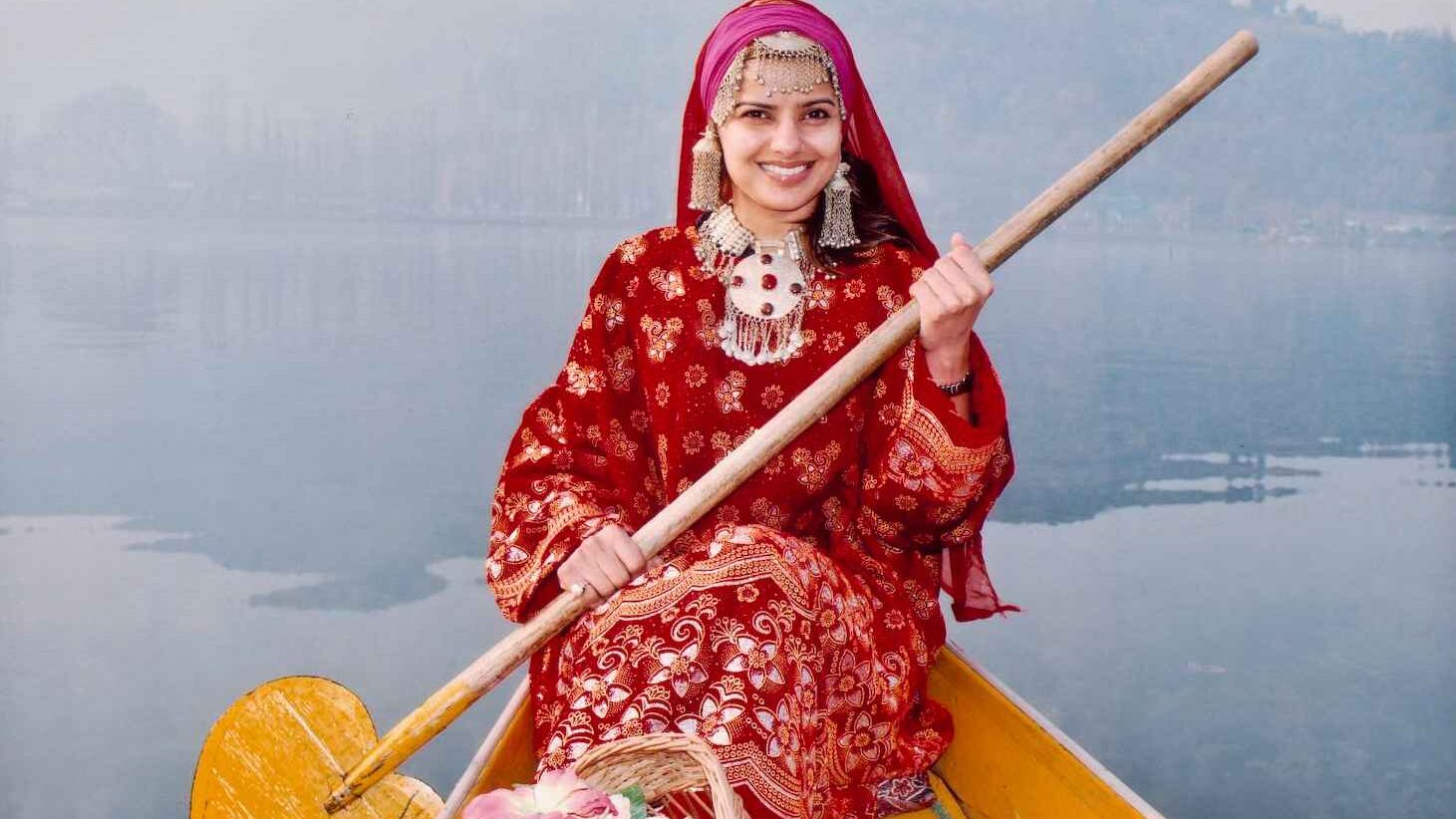
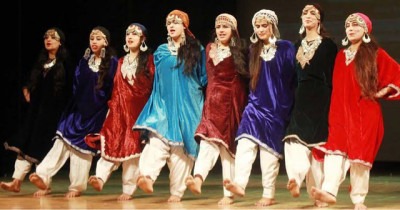
Kashmiris wear distinctive traditional clothing that varies with the seasons. In the colder months, people wear the Pheran, a long woolen cloak, often paired with a woolen hat. During special occasions, such as weddings or religious festivals, Kashmiri women wear intricate Pashmina shawls, showcasing the region’s fine craftsmanship. As a result, traditional clothing plays a vital role in the daily life of Kashmiris and in their cultural identity.
4. Religious Practices and Festivals

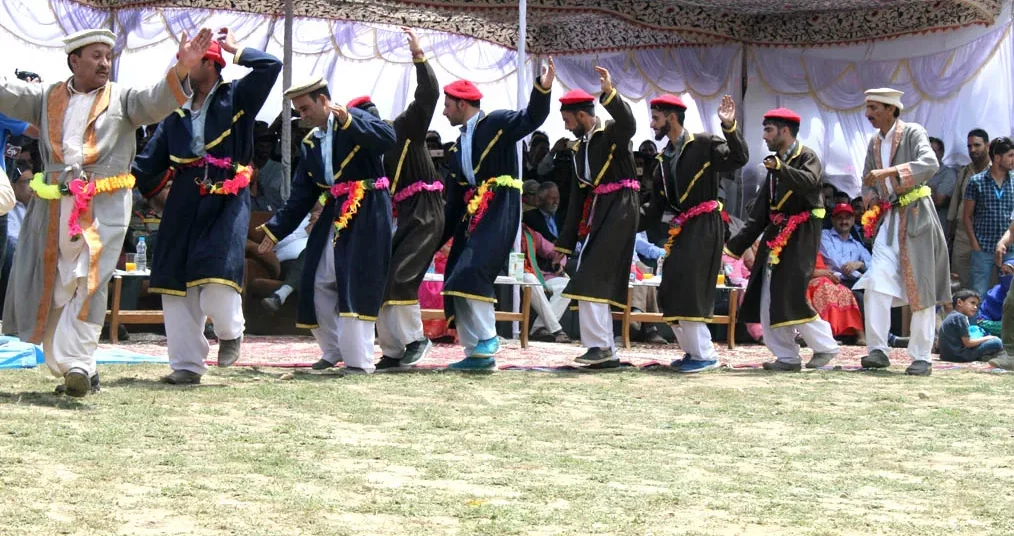
Religion plays a pivotal role in the everyday lives of Kashmiris, and the region is home to diverse religious communities. Muslim Kashmiris celebrate festivals like Eid and Ramadan, while Hindu Kashmiris celebrate Navratri and Diwali. Furthermore, Mela Khir Bhawani, a popular Hindu festival, celebrates the goddess Ragnya Devi and draws devotees to the sacred spring at Tulmulla. In this way, Kashmir’s religious practices and festivals add a layer of spiritual significance to its local customs.
5. The Unique Craftsmanship of Kashmir
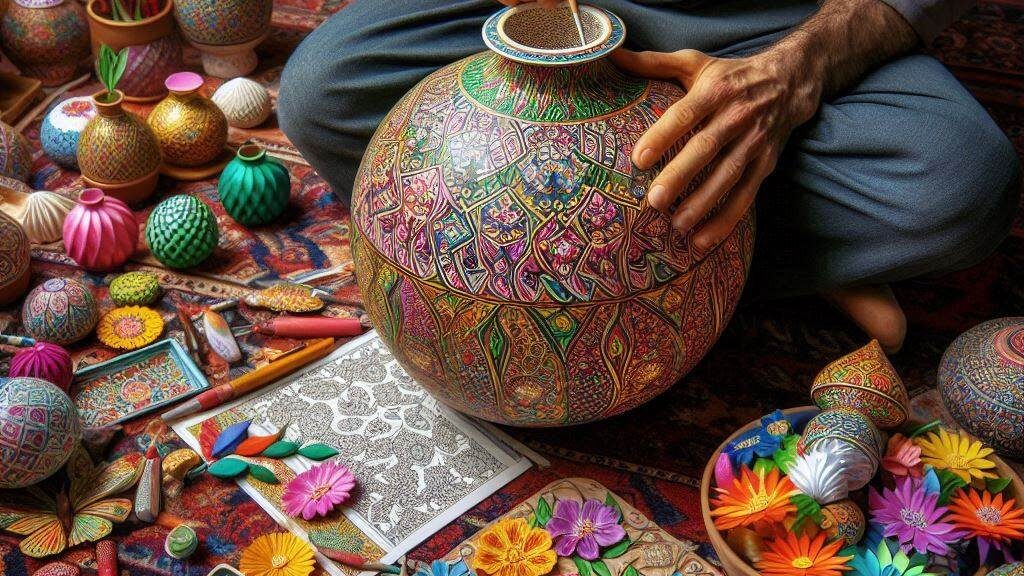
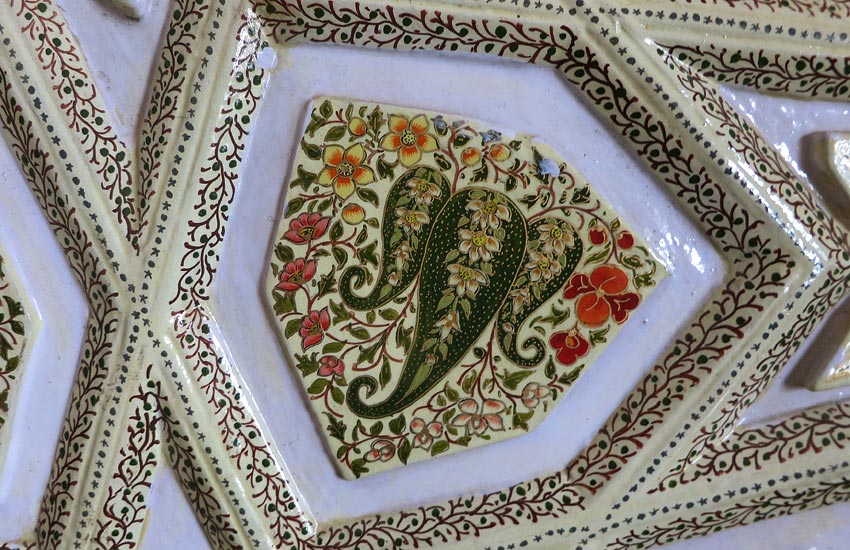
Kashmir is renowned for its handicrafts, and many local customs revolve around the craftsmanship that the region is famous for. Pashmina shawls, Kashmiri carpets, and paper mâché items are sold across markets in Srinagar and beyond. . For instance, Kashmiri carpets are famous for their intricate designs, and artisans spend years perfecting their craft. Thus, craftsmanship is not only an economic activity but also an important part of Kashmiri cultural heritage.
6. Customs Around Marriage and Family Life


Marriage in Kashmir is a deeply significant event, following a set of traditional customs. The marriage rituals include the Mahr (dowry), which the groom gives to the bride as a symbol of respect and commitment. Kashmiri weddings are colorful affairs, involving music, dance, and lavish meals shared with family and friends. The entire community takes part in the celebrations, reflecting Kashmiri hospitality and the importance of family bonds. Therefore, the traditions surrounding marriage illustrate the close-knit nature of Kashmiri society.
7. The Influence of Sufism on Kashmiri Culture

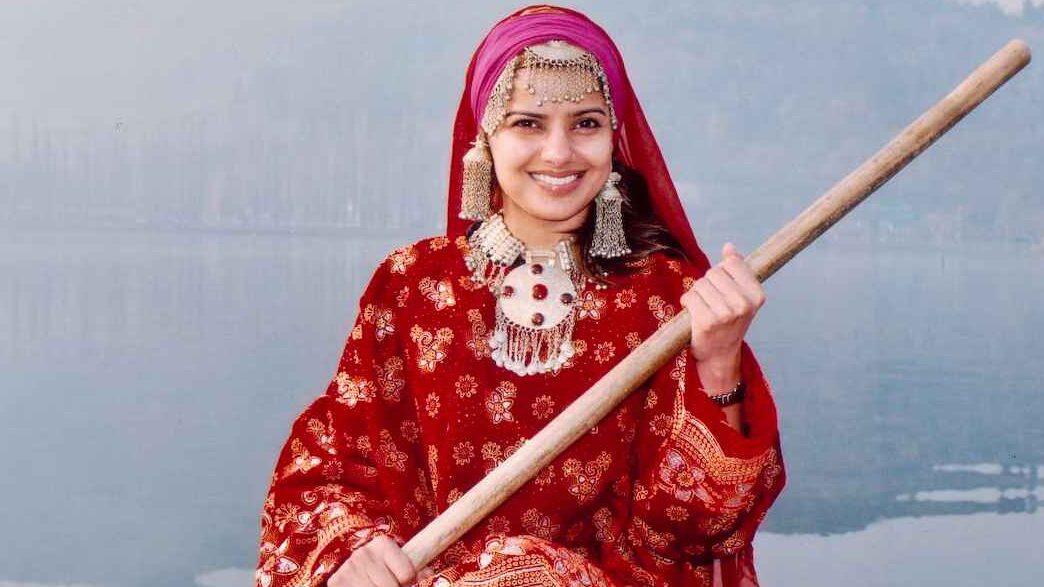
The region is home to many Sufi shrines, and the practices of Sufi mysticism are evident in the lives of many Kashmiris. Pilgrims visit shrines like Hazratbal Shrine in Srinagar to seek blessings. Locals commonly offer flowers, food, and prayers at these shrines. Moreover, Sufism has shaped Kashmiri music, poetry, and spirituality, making it an integral part of the region’s culture. This influence of Sufism is another distinctive aspect of Kashmir’s local customs.
8. Conclusion
The local customs in Kashmir reflect the region’s diverse cultural heritage, shaped by centuries of history, spirituality, and art. Whether it’s the welcoming hospitality, the distinct clothing, the love for food, or the festivals and crafts, these customs offer a window into the soul of Kashmir. If you are planning to visit the region, understanding these local customs will not only enhance your travel experience but also give you a deeper appreciation for the beauty and complexity of Kashmir’s cultural landscape.
By immersing yourself in the traditions and rituals of Kashmir, you will connect with the past and help preserve its unique culture for future generation

